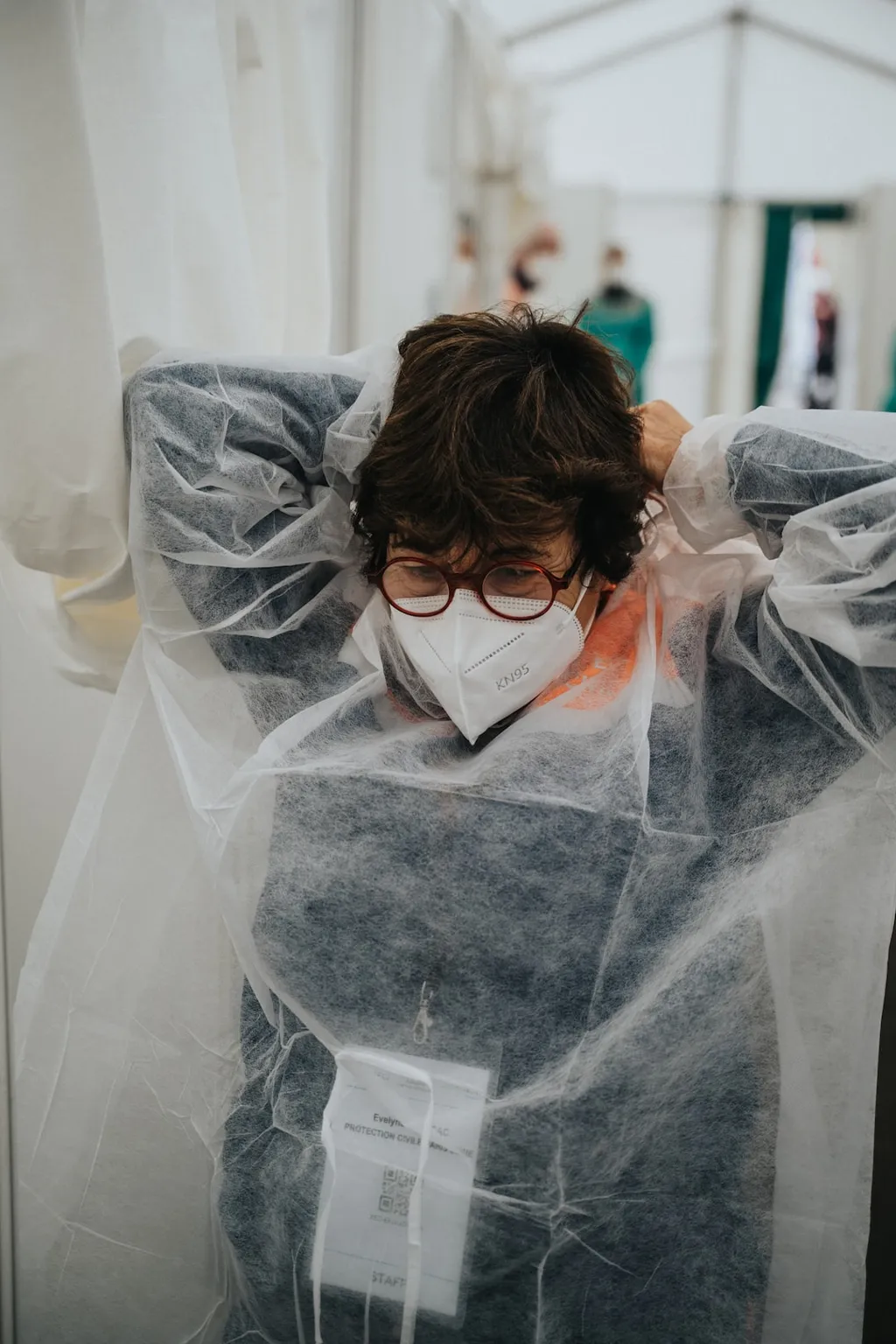Nurse Anesthetists: Everything You Need to Know
When it comes to healthcare, few professions are as essential as nurse anesthetists. These highly trained professionals are an integral part of the surgical team, and their critical role ensures that patients receive the necessary care and attention during surgery. But what exactly is a nurse anesthetist? In this article, we’ll explore what the occupation entails, some examples of job duties, and what education and training are required to become a nurse anesthetist.
What is a Nurse Anesthetist?
A nurse anesthetist is a registered nurse who has completed additional education and training to provide anesthesia care to patients during surgery. As part of their job, nurse anesthetists evaluate patients before surgery, administer anesthesia during surgery, monitor patients’ vital signs during surgery, and provide post-surgical care. Nurse anesthetists work in a variety of settings, including hospitals, outpatient surgery centers, and dental offices.
Examples of Job Duties
The job duties of nurse anesthetists vary depending on the setting in which they work, but here are a few examples of what their job may entail:
- Evaluating the patient’s medical history and physical status prior to surgery
- Administering anesthesia and monitoring the patient’s vital signs during surgery
- Providing post-surgical care to ensure the patient’s comfort and safety
- Managing pain relief for patients after surgery
- Closely monitoring the patient’s recovery from anesthesia
Education and Training
To become a nurse anesthetist, you must first obtain a Bachelor of Science in Nursing (BSN) degree and become a registered nurse (RN). After obtaining your RN license, you must then complete a graduate-level nurse anesthesia program. Nurse anesthesia programs typically take two to three years to complete, and they include both classroom instruction and hands-on clinical experience. After finishing the program, you must pass a certification exam to practice as a certified registered nurse anesthetist (CRNA).
Progression Between Levels
As a nurse anesthetist, there are opportunities for career progression and advancement. For example, you may choose to specialize in a specific area of anesthesia care, such as pediatric anesthesia or obstetric anesthesia. Additionally, some nurse anesthetists may choose to pursue advanced degrees, such as a Doctor of Nursing Practice (DNP), which can lead to leadership positions in healthcare organizations.
How to Get Into the Field
If you’re interested in becoming a nurse anesthetist, there are a few things you can do to get started. Here are a few steps:
- Obtain a BSN degree and become a registered nurse (RN)
- Gain experience working as an RN, particularly in critical care settings
- Research and apply to graduate-level nurse anesthesia programs
- Complete the program and receive certification as a CRNA
It’s important to note that the process of becoming a nurse anesthetist is highly competitive and requires dedication and hard work. However, for those who are passionate about healthcare and willing to put in the effort, it can be an incredibly rewarding and fulfilling career.
| Occupation | Location | Union | Job Level | Salary (Average) | Salary (Highest) | Salary (Lowest) |
|---|---|---|---|---|---|---|
| Nurse Anesthetists | US National Average | All Workers | Level 11 | $206,710.40 | $206,710.40 | $184,267.20 |
| Nurse Anesthetists | US National Average | Nonunion | All Levels | $209,872.00 | $209,872.00 | $178,880.00 |
| Nurse Anesthetists | US National Average | No Union | Full-time | $205,254.40 | $205,254.40 | $189,924.80 |
| Nurse Anesthetists | US National Average | No Union | Level 11 | $206,606.40 | $206,606.40 | $184,704.00 |
| Nurse Anesthetists | US National Average | No Union | Time-based Pay | $205,628.80 | $205,628.80 | $189,259.20 |
| Nurse Anesthetists | North Carolina | Nonunion | All Levels | $218,608.00 | $218,608.00 | $177,403.20 |
| Nurse Anesthetists | South Carolina | No Union | Time-based Pay | $195,748.80 | $195,748.80 | $185,889.60 |
Nurse Anesthetists is a highly specialized medical occupation that involves administering anesthesia to patients during medical procedures. According to the data table above, Nurse Anesthetists at Level 11 in the US National Average have an average salary of $206,710.40 per year and a range from $184,267.20 to $206,710.40. The job level, union, and full-time status of the Nurse Anesthetists affect their salary with a range of $178,880.00 for non-union workers at all levels to $209,872.00 for non-union workers at all levels as shown in the table.
The presence of a union also affects the salary of Nurse Anesthetists, with non-union Nurse Anesthetists in North Carolina earning an average of $218,608.00 per year, while non-union Nurse Anesthetists in the US National Average have an average salary of $209,872.00 per year.
The best-paid Nurse Anesthetist professionals in the US National Average are paid the highest average salary at $206,710.40 per year, while the least-paid Nurse Anesthetist professionals within this data set are paid an average of $195,748.80 per year in South Carolina.
In conclusion, the average salaries of Nurse Anesthetists vary based on the location, union, job level, and full-time status of the worker. The presence of a union can positively affect the salaries of Nurse Anesthetists, as seen with non-union Nurse Anesthetists in North Carolina earning higher average pay.












